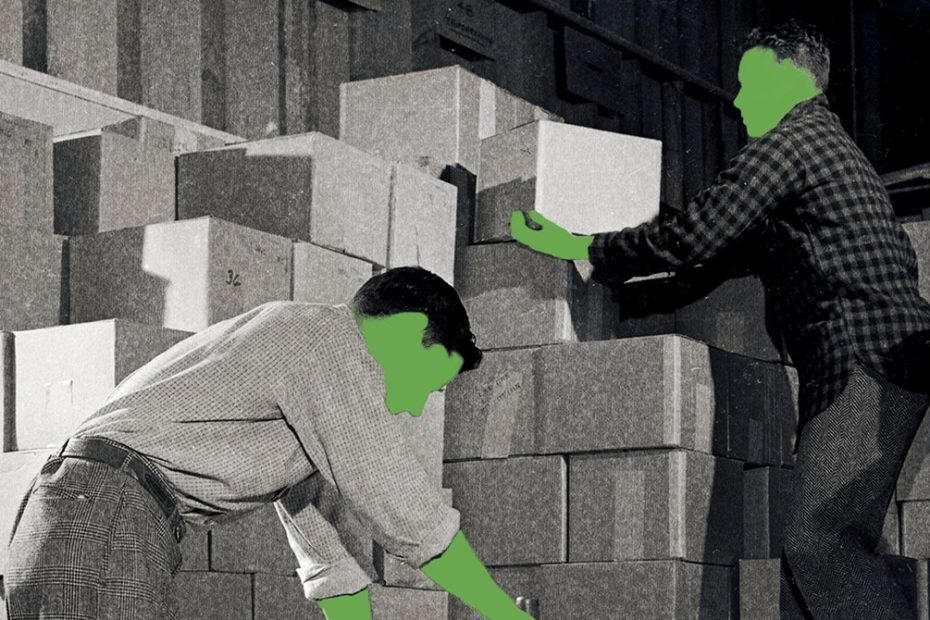In 2012, Amazon quietly acquired a robotics startup called Kiva Systems. The move significantly improved the efficiency of its e-commerce operations and ushered in a broader revolution in warehouse automation.
Last week, the e-commerce giant announced another deal that could have an equally big impact. The agreement involves hiring the founders of Covariant, a startup testing how AI can automate the picking and processing of a wide range of physical objects.
Covariant may have found it challenging to bring AI-enabled industrial robots to market, given the high costs and fierce competition. The deal, which also sees Amazon license Covariant’s models and data, could spark a new revolution in e-commerce—one that would be difficult for any competitor to match, given Amazon’s massive operational scale and data inventory.
The deal is also an example of a Big Tech company acquiring core talent and expertise from an AI startup without actually buying the company. Amazon struck a similar deal with startup Adept in June. In March, Microsoft struck a deal with Inflection, and in August, Google hired the founders of Character AI.
In the 2000s, Kiva developed a way to move products through warehouses using squat robots that lifted and carried stocked shelves to human pickers, a trick that freed workers from having to walk miles each day to find different items. Kiva’s mobile bots were similar to those used in manufacturing, and the company used clever algorithms to coordinate the movement of thousands of bots in the same physical space.
Amazon’s mobile robot army grew from about 10,000 in 2013 to 750,000 in 2023. The scale of the company’s operation meant it could deliver millions of items faster and cheaper than anyone else.
As WIRED revealed last year , Amazon has spent the past few years developing new robotic systems that rely on machine learning to do things like sense, grab and sort packaged boxes. Once again, Amazon is using scale to its advantage, collecting training data as items flow through its facilities, helping to improve the performance of various algorithms. The effort has already led to further automation of work previously done by human workers in some fulfillment centers.
The one task that remains stubbornly difficult to mechanize, however, is physically grasping products. It requires adaptability to account for things like friction and slippage, and robots will inevitably be confronted with unfamiliar and awkward items in Amazon’s vast inventory.
Covariant has spent the past few years developing AI algorithms with a more general ability to process a range of items more reliably. The company was founded in 2020 by Pieter Abbeel, a UC Berkeley professor who has done pioneering work applying machine learning to robotics, along with several of his students, including Peter Chen, who became Covariant’s CEO, and Rocky Duan, the company’s CTO. This week’s deal will see all three, along with several research scientists at the startup, join Amazon.
“Covariant’s models are being used to power some of the robotic manipulation systems in our fulfillment network,” Alexandra Miller, an Amazon spokesperson, told WIRED. The tech giant declined to disclose financial details of the deal.
Abbeel was an early employee at OpenAI, and his company has drawn inspiration from ChatGPT's success story. In March, Covariant demonstrated a chat interface for its robot and said it had developed a basic model for robotic grasping, meaning an algorithm designed to

